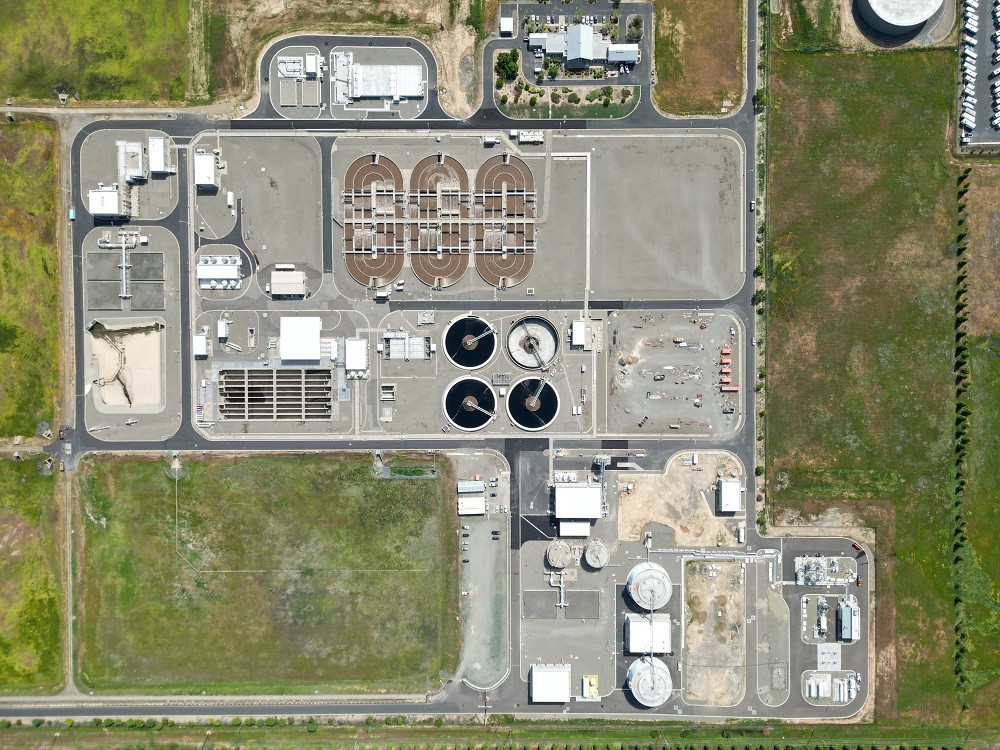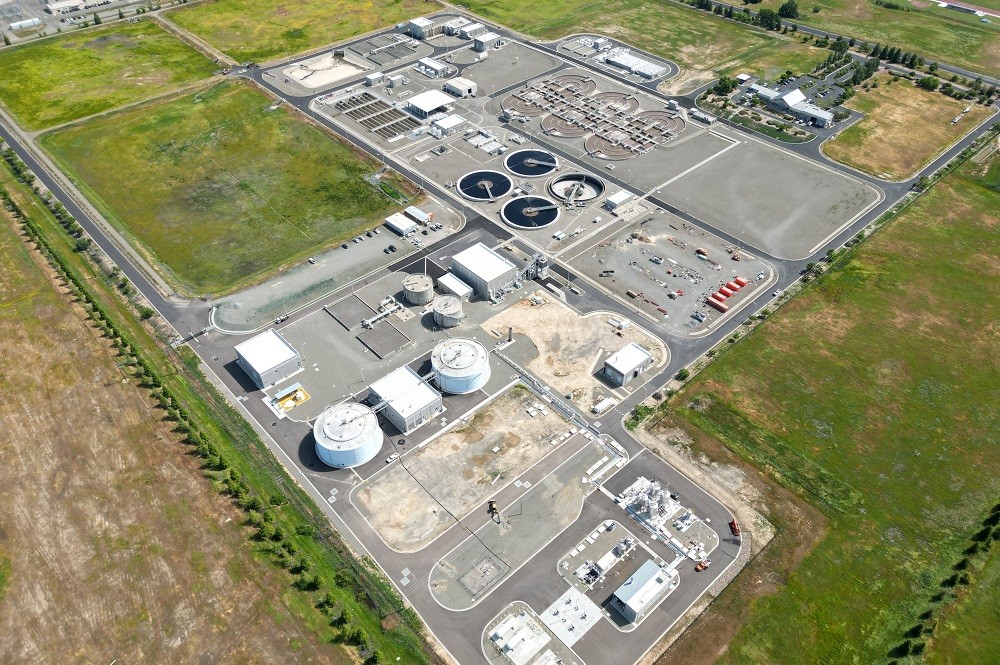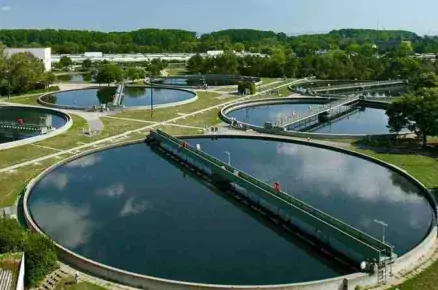The wastewater treatment upgrades produce renewable natural gas for use as renewable vehicle fuel.
WD News: The City of Roseville in California has embarked on an initiative to decrease greenhouse gas emissions and minimise landfill waste. This effort involves powering its trash and recycling fleet with renewable natural gas (RNG) derived from the digestion of organic waste.
The regional Pleasant Grove Wastewater Treatment Plant (PGWWTP) is owned and operated by the city where the plant efficiently treats millions of gallons of wastewater daily, safeguarding the health of local streams and rivers. In addition, it plays a crucial role in benefiting the community by supplying more than half of the one billion gallons of recycled water the city delivers annually for landscaping and industrial purposes.
The PGWWTP expansion has been under construction since 2020 to increase treatment capacity from 9.5 million gallons to 12 million gallons of wastewater per day to accommodate regional population growth. As part of the expansion, Roseville has developed an energy recovery project to transform the plant into a waste-to-energy facility capable of producing RNG fuel.

The city had hired Brown and Caldwell to design the renewable biofuel production facility to coincide with expansion works. The city installed two new anaerobic digesters at the plant to stabilise wastewater solids generated in treatment process and generate a sustainable fuel source.
A receiving facility was constructed to accept high-strength organic wastes (fats, oils, and greases) directly into the anaerobic digesters, maximising digester gas production for RNG conversion and diverting up to 12,000 tons of high-strength organic waste per year from landfill. Four microturbine cogeneration units produce electricity to help power the gas conversion process and provide heat for the anaerobic digesters.
By running its solid waste collection fleet (approximately 47 trucks) via a new on-site RNG fueling facility and ceasing diesel use, the city will reduce greenhouse gas emissions by about 7,000 metric tons of CO2 equivalents per year, equal to planting more than 270,000 trees. It will also earn credits through the Low Carbon Fuel Standard program as it lowers NOx emissions by five metric tons per year.
Source & image courtesy: Brown and Caldwell












